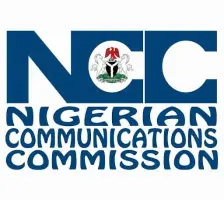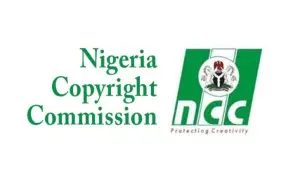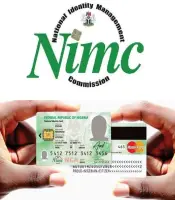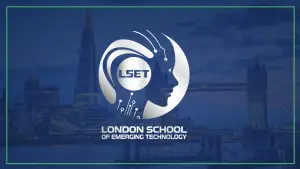The Director General of the National Information Technology Development Agency (NITDA), Kashifu Inuwa, has announced the Federal Government's commitment to achieving 95% digital literacy across Nigeria by 2030, with an interim target of 70% by 2027.
This ambitious goal was revealed during a collaborative meeting hosted by the Universal Basic Education Commission (UBEC), where Inuwa emphasized that the initiative aligns with President Bola Ahmed Tinubu's administration's priority areas of economic reform and diversification through digitization, industrialization, and innovation.
"We started this journey in 2023 when President Bola Ahmed Tinubu came on board and he made it clear that economic diversification and inclusivity are part of the administration's agenda," Inuwa stated. "And the president outlined this in 8 priority areas to achieve the vision, with priority number 7 specifically focused on accelerating industrialisation, digitisation, creative arts, manufacturing, and innovation."
To achieve these targets, NITDA has developed the National Digital Literacy Framework (NDLF), a comprehensive blueprint aligned with international best practices but tailored to Nigeria's specific needs. The framework incorporates six core competency areas: device and software operations, information and data literacy, communication and collaboration, content creation, safety, and problem-solving.
According to Inuwa, Nigeria's current digital literacy rate stands at approximately 50%, up from 44% in 2021, based on extrapolations from the World Bank's Better Life Report. The NDLF aims to address all levels of digital fluency—from basic to advanced—making digital skills accessible to every Nigerian, from primary school pupils to working professionals.
NITDA has been collaborating with the Nigerian Educational Research and Development Council (NERDC) to develop a curriculum for digital literacy that can be integrated into formal education. The agency has also partnered with global platforms like Coursera to train teachers using AI-powered lesson generation tools and provide scalable online training.
"This is not a journey we can walk alone; we must bring everyone on board, education stakeholders, technology providers, state governments, and international partners," Inuwa emphasized, highlighting the need for a whole-of-government and whole-of-society approach.
In response, UBEC Executive Secretary, Hajiya Aisha Garba, confirmed that the Commission has received the digital literacy curriculum developed by NITDA and NERDC and has begun internal review processes. While acknowledging the curriculum as robust and forward-looking, she stressed the need for simplification to suit early learners and teachers.
Garba identified challenges such as curriculum overload, limited teacher capacity, and inadequate infrastructure as key barriers to effective implementation. She pledged that UBEC, in partnership with the State Universal Basic Education Board (SUBEB), will lead efforts to equip schools with computers and solar-powered infrastructure to support learning.
"We're committed to working with NITDA and NERDC to refine the curriculum, train teachers, and ensure effective delivery. Let us align the technical vision with grassroots realities to make a lasting impact," she concluded.
It is worth noting that late last year, NITDA partnered with Nasarawa State University in collaboration with CISCO to launch the Digital Learning for NSUK (DL4NSUK) initiative. This program aims to enhance digital literacy in tertiary institutions and equip graduates with the skills needed to be digitally proficient and globally competitive.
Stay updated with the latest technology news by following BenriNews on social media: Facebook, Twitter, LinkedIn, WhatsApp, Telegram.












